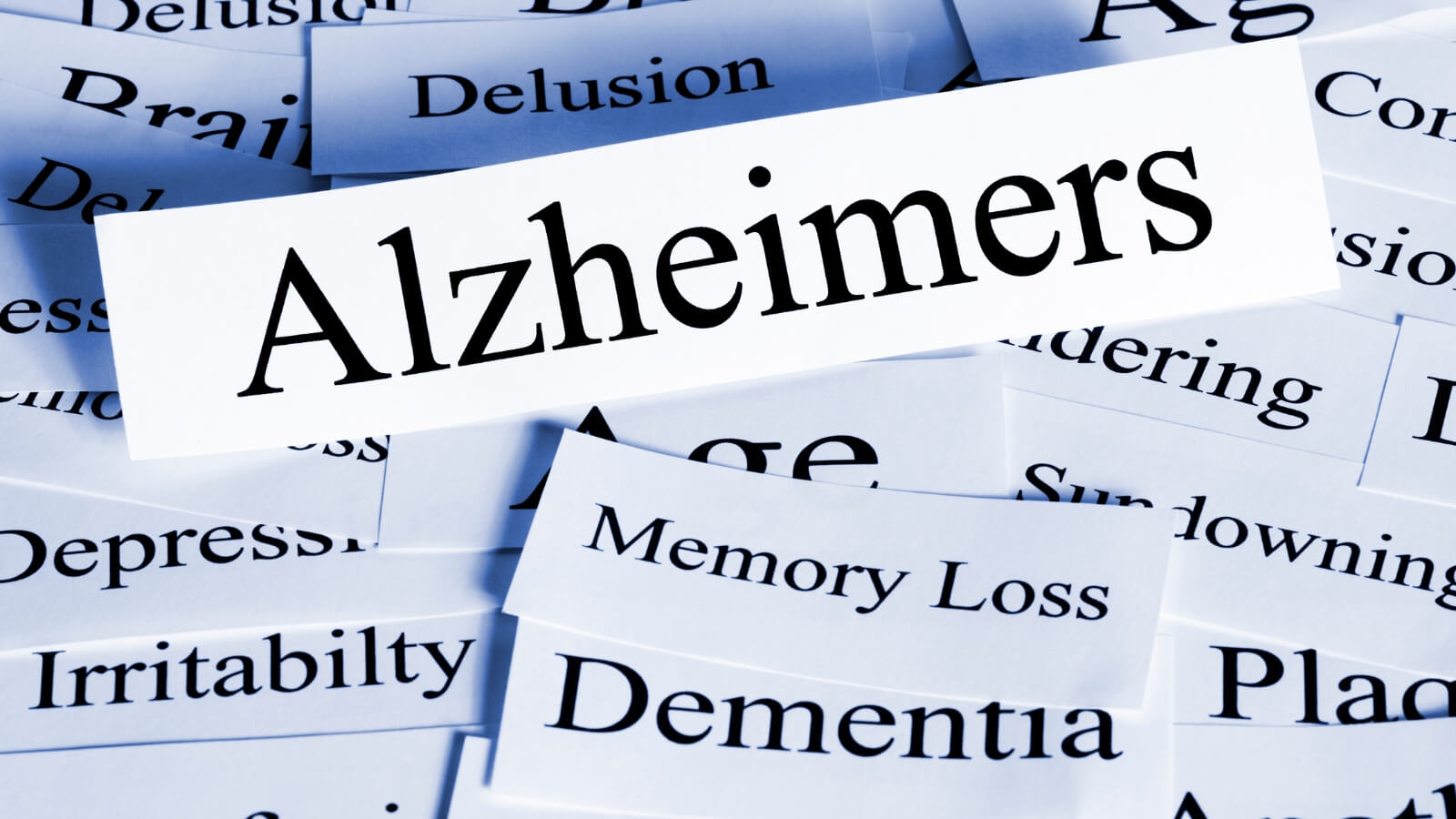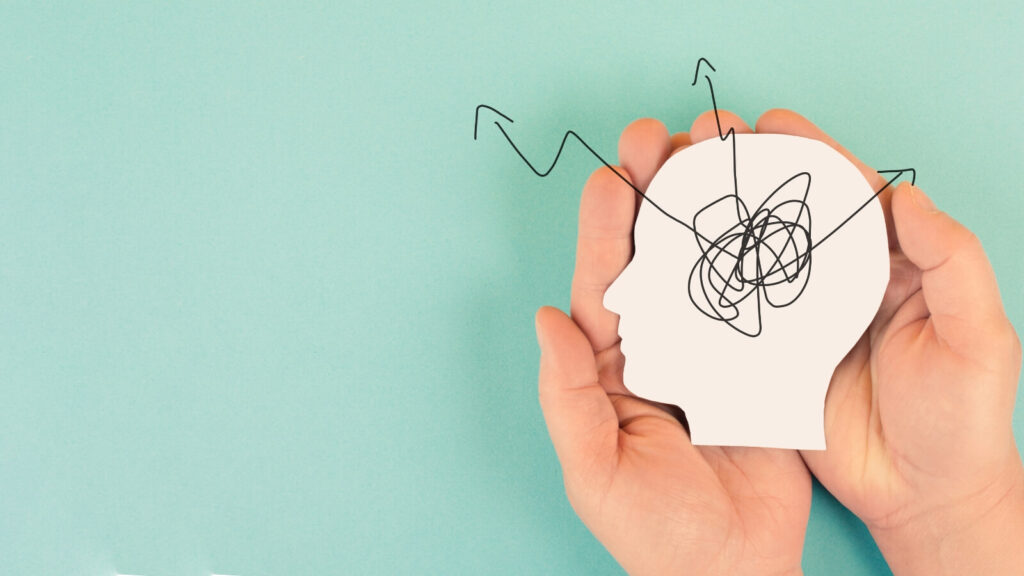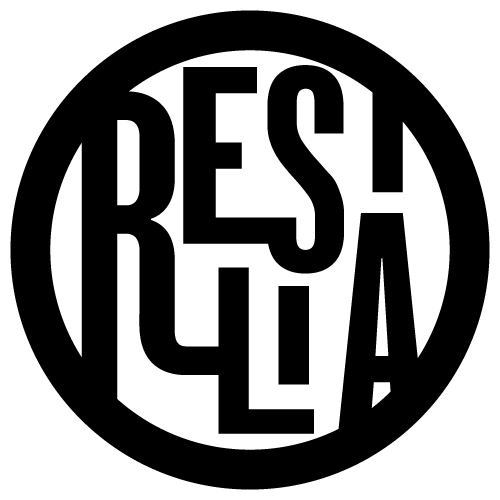
As we and our loved ones get older, we face many new challenges. Some of those challenges are the physical and mental decline of our bodies. In the world of cognitive decline, two conditions are often intertwined, causing confusion for many: Alzheimer’s disease and dementia. While these are related, they have distinct conditions with differing characteristics, causes, and progressions.
It’s important to note that although cognitive decline can come with age, dementia is not a “normal” part of aging. We’ll talk about the differences between Alzheimer’s and dementia, and discuss the importance of early diagnosis and support.

Alzheimer’s disease and dementia are related but two very distinct conditions:
Dementia serves as an umbrella term describing symptoms affecting cognitive abilities, including memory loss, reasoning, communication, and the ability to perform daily tasks. It is not a specific disease but rather a set of symptoms resulting from various underlying conditions or diseases. Imagine dementia as the overarching category of other cognitive illnesses.
Alzheimer’s is the most common cause of dementia but there are many other kinds including:
Within the vast spectrum of dementia, Alzheimer’s disease is the most common cause. It accounts for approximately 60-80% of dementia cases. Alzheimer’s is a progressive brain disease triggered by brain changes resulting from cellular damage. Ultimately, it produces symptoms of dementia that progressively intensify over time. Difficulty retaining new information is usually the earliest indication of Alzheimer’s because the disease tends to affect the learning-associated regions of the brain first.
As the disease progresses, the symptoms become more severe, causing disorientation, confusion, and behavioral shifts. Eventually, it becomes challenging for the affected individual to speak, swallow, and even walk.
To learn more about Alzheimer’s disease, check out our FAQs about Alzheimer’s.
Cause and Development: Alzheimer’s has a specific cause – the accumulation of abnormal protein deposits in the brain, leading to the formation of plaques and tangles that interfere with neural communication and cell function. Other forms of dementia, such as vascular dementia, Lewy body dementia, and frontotemporal dementia, have different underlying causes, such as strokes, protein deposits, or nerve cell damage.
Symptoms: While both Alzheimer’s and other forms of dementia experience similar symptoms, the progression and manifestation may differ. Alzheimer’s typically starts with memory loss and confusion, and gradually worsens over time, affecting all aspects of cognition and behavior. Other types of dementia may have distinct initial symptoms, such as difficulties with motor skills in Parkinson’s-related dementia or changes in personality and social behavior in frontotemporal dementia.
Age of Onset: While Alzheimer’s disease is commonly associated with older age, particularly after 65, some forms of dementia, like early-onset Alzheimer’s can occur in younger adults.
Treatment and Management: Currently, there is no cure for Alzheimer’s or most forms of dementia. Treatment focuses on managing symptoms, slowing progression, and improving quality of life. However, certain medications may be more effective for specific types of dementia. Additionally, lifestyle modifications, therapy, and support services play crucial roles in managing the condition and supporting both patients and caregivers.

Early detection of cognitive decline is crucial for effective management and planning. While there’s no surefire way to prevent dementia or Alzheimer’s disease, adopting a healthy lifestyle, including regular exercise, a balanced diet, mental stimulation, and social engagement, may help reduce the risk or delay onset.
“One of the most harmful misconceptions that are not only shared by patients but even physicians is that if you have Alzheimer’s, there’s not really much we can do about that,” Dr. Daniel Silverman states. “But there’s all sorts of data that shows if you start at an early point in the right people—the people whose brain PET shows that early Alzheimer’s is really what’s causing their symptoms—there are things you can do, including prescribing drugs that can stabilize them for 1-2 years at least.”
Furthermore, receiving a diagnosis allows individuals and their families to access support services, plan for future care needs, and make legal and financial arrangements with their loved ones.
The last thing you should be doing is dealing with a dementia diagnosis on your own. There are plenty of resources and programs to help you or your loved one. Visit Alzhemiers.gov to find dementia care and local services.
At Resilia we believe that creative therapies are the most unique and stimulating ways to combat memory loss. By contacting Resilia, you or your organization can begin to tap into the transformative benefits of creative therapy with people living with memory loss. Don’t hesitate! Explore how creative therapies can help in the fight against memory loss and embark on a journey toward improved cognitive health.

Copyright 2025 Resilia
We use cookies to give you the best online experience. By using this website you agree with our cookie policy.